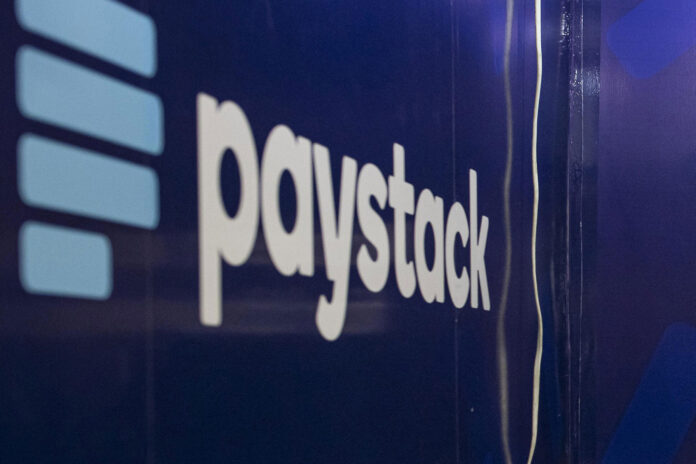
Two months after securing additional funding to tackle financial challenges, Nigerian business banking startup Brass has been acquired by a group of investors led by payment giant Paystack. This marks the culmination of discussions that likely began in early 2024. Other investors in the consortium include PiggyVest, Ventures Platform, and P1 Ventures.

Ventures Platform, a VC firm, facilitated the discussions and believed strongly in the necessity of the deal, according to someone familiar with the talks. They also recognized the importance of involving experienced operators, which drove the strategic alliance between the VC firms and the startups in the consortium.
The cofounders and key executives, Sola Akindolu and Emmanuel Okeke, will depart from the business, along with Tolulope Saba, the head of Product. They will be succeeded by a new leadership team, yet to be revealed. However, all other Brass employees will retain their positions, according to a source familiar with the matter. Customers can expect no changes, as the product will largely remain the same, with investors committing to further enhancements.
The acquisition puts an end to months of uncertainty surrounding Brass, which began experiencing delays in processing customer withdrawals in October 2023. These delays persisted, leading to liquidity concerns and rumors of a potential shutdown.
Numerous industry leaders voiced support for Brass, fearing that its closure could trigger a domino effect on other fintech companies. An acquisition by well-established and larger fintech firms was seen as a way to allay these fears, leading to discussions about potential suitors like Moniepoint, Paystack, and Flutterwave.
During the acquisition negotiations, Brass sought debt financing from investors to ensure its continued operations. However, some early investors claimed that Brass was seeking $300,000 to $500,000 in convertible debt and withheld financial information during the fundraising process. The exact amount raised remains undisclosed.
Nonetheless, the new owners will take on Brass’s assets and liabilities, some of which are still uncertain. Two individuals familiar with the company’s finances allege a ₦2 billion gap in Brass’s balance sheet, with leadership unable to explain how the funds were used.
“In common with many businesses, Brass encountered challenges in recent months due to the tough economic climate,” the investors responded when questioned about these liabilities. “With a significant infusion of new capital, Brass is well-positioned to deliver top-notch financial solutions for businesses across Africa.”



